


Kanto
Asia
/
Japan
/
Kanto
Resting on the eastern coast of Honshu, the main island of Japan, the Kanto region masterfully blends state-of-the-art cityscapes with age-old traditions. As the region is primarily centered around Tokyo, it benefits from four distinct weather seasons, complete with humid summers, temperate winters, and mesmerizing cherry blossoms in the spring. Kanto's Pacific coastline and its mountainous western boundaries form a diverse geographical landscape that is highly accessible and enchanting.
The Kanto region perfectly showcases Japan's adept balance of efficiency and tranquillity. While Tokyo's electrified districts are abuzz with vigor round the clock, serene temples and meticulously landscaped gardens provide moments of reflection. The region's dwellers maintain an intriguing fusion of avant-garde technology usage and profound reverence for cultural ceremonies, ranging from tea rituals to seasonal festivities.
What truly makes Kanto distinctive is its superior convenience culture. Everything, from avant-garde vending machines that serve hot meals to spotless streets and punctual trains, can be found here. The region's gastronomy scene is legendary, offering world-renowned sushi at Tsukiji Outer Market and local delicacies like monjayaki in Tokyo's Tsukishima district. The teamLab Borderless digital art museum is a must-see, representing Japan's artistic innovation perfectly.

Get to Know Kanto
Take a tour of this destination's highlights
Top Sights in Kanto
Inspiring Reads on Kanto

Travel Tips for Kanto
What you need to know before traveling here
Getting Around Kanto
A guide to Kanto's local transportation
The vast rail network is the core of Kanto transportation. Invest in a rechargeable transport card (Pasmo or Suica) for seamless travel. Stations operate from 5 am till midnight, boasting clear English signage throughout. The Japan Rail Pass can provide notable discounts for travel between cities.
Practical Tips for Kanto
Things to prepare and best way to visit
The spring season (March-May) for cherry blossoms and fall (October-November) for fall foliage offer the most delightful weather and breathtaking views. It's best to avoid the rainy spell in June and the intense humidity in August.
While English signage is frequent in metropolitan cities, many locals possess limited English speaking skills. It's beneficial to learn some basic Japanese expressions and keep a translation app close.
Japan predominantly operates on a cash basis. Although most stores and restaurants accept cards, it's advisable to carry ¥10,000-30,000 ($70-200) for smaller establishments, vending machines, and local vendors.
The most trustworthy option is the Narita Express (N'EX) train; it takes approximately 1 hour to reach central Tokyo. More economical alternatives include the Keisei Skyliner or airport limousine buses.
Whilst minor tremors are commonplace, buildings are well-prepared for seismic events. Download the Japan Meteorological Agency app for notifications and obey evacuation instructions if necessary.
See All Practical Tips for Kanto

Get to Know Kanto

Travel Tips for Kanto


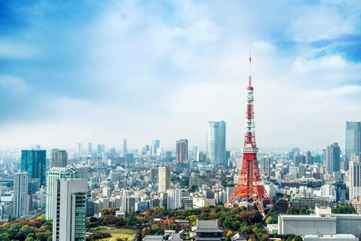



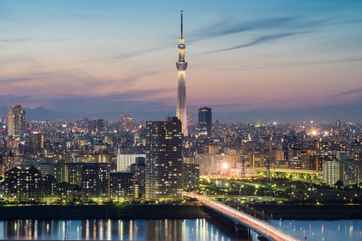
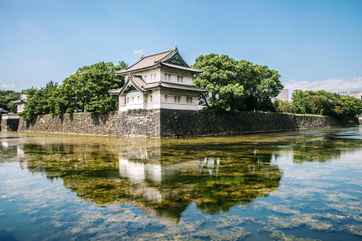








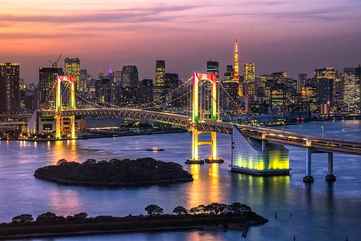
















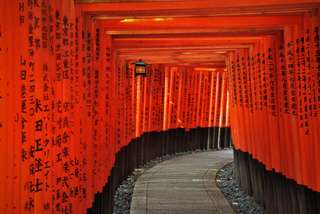


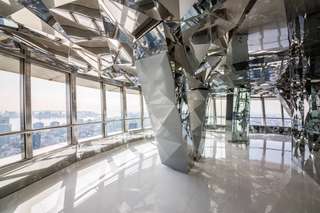

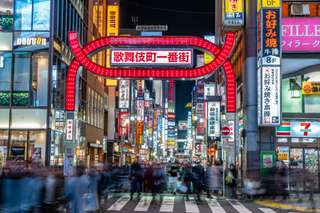
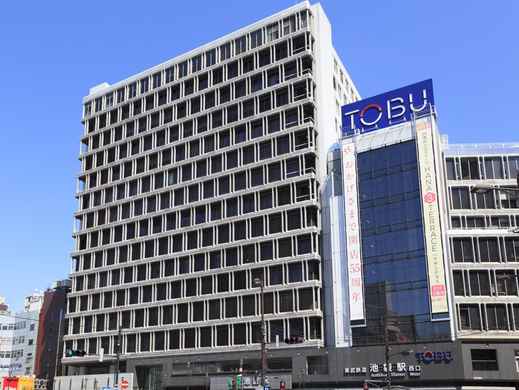
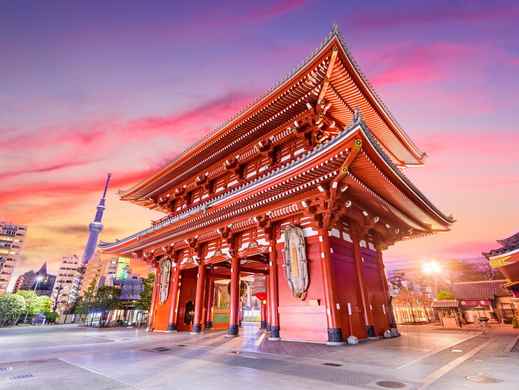


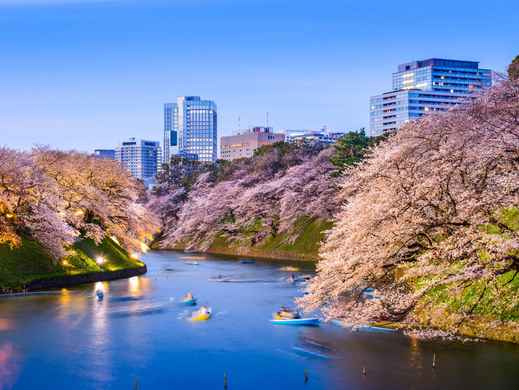


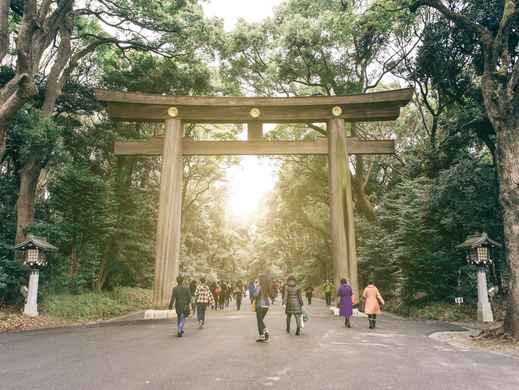
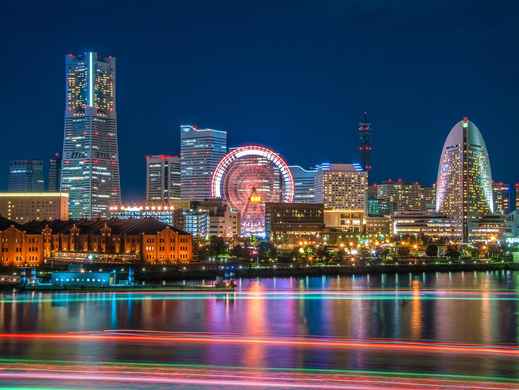


 Facebook
Facebook Instagram
Instagram TikTok
TikTok Youtube
Youtube Telegram
Telegram
